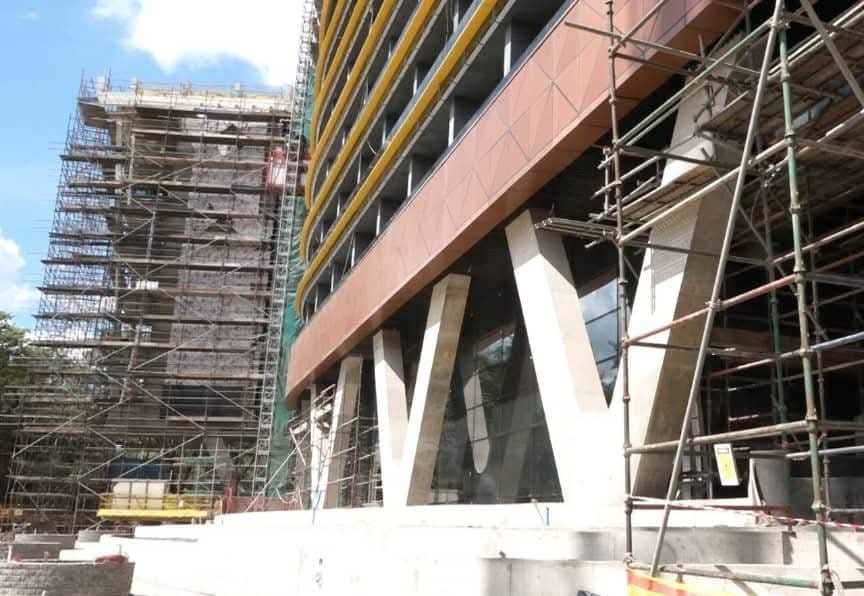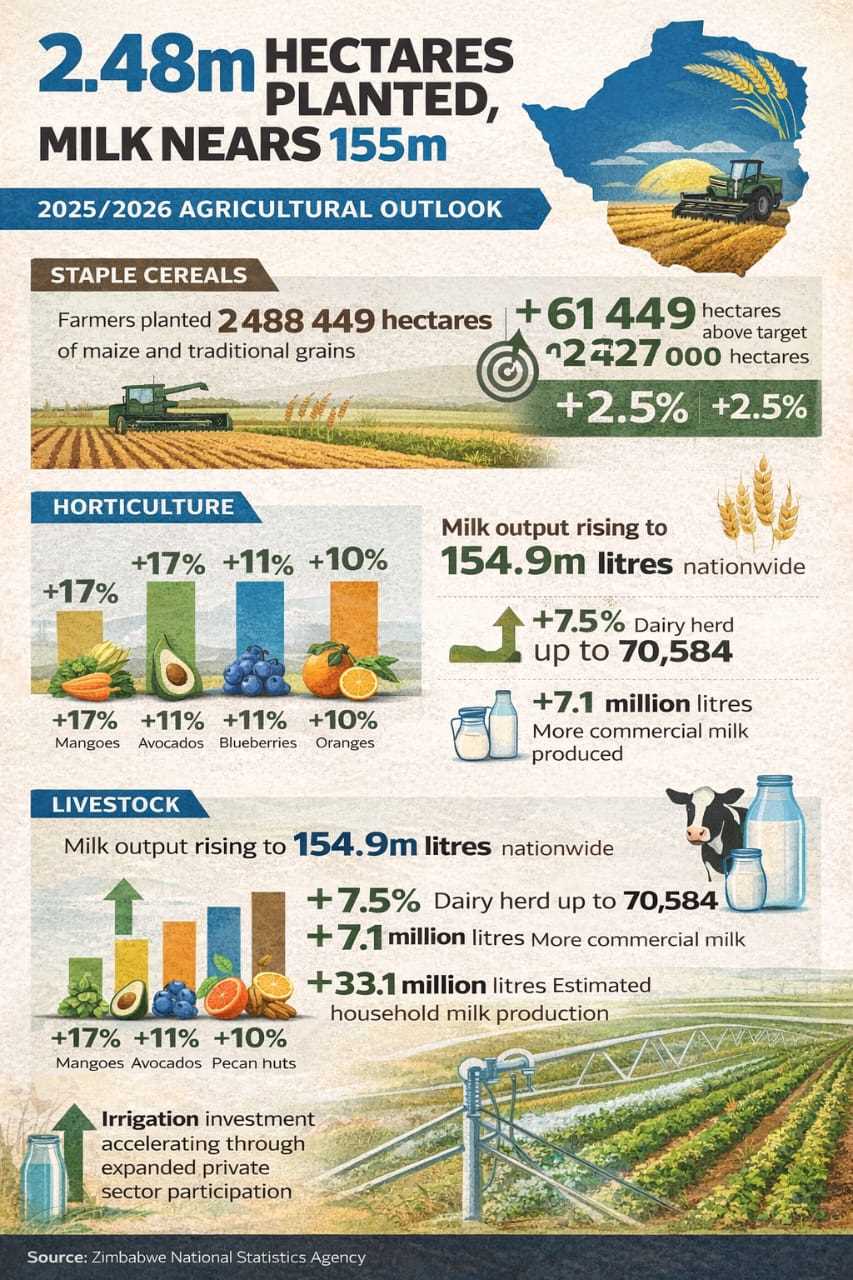
Audrey Galawu
Assistant Editor
The brick manufacturing industry in Zimbabwe remains highly competitive, with companies navigating a tough economic landscape characterised by tight liquidity and shifting regulatory frameworks.
For Willdale Limited, stock shortages have emerged as a critical factor affecting performance, despite recording significant revenue growth for the financial year ended September 30, 2024.
In a statement accompanying the company’s annual results, Chairman C. Makoni highlighted that revenue had risen by an impressive 64% to US$11 million compared to the prior year’s US$6.7 million.
However, sales volumes declined by 7%, largely attributed to inadequate stock levels.
“Several construction projects, including cluster home developments and shopping mall construction, drove demand for our bricks. Unfortunately, our inability to maintain adequate stock levels significantly affected our volume growth,” Makoni said.
Related Stories
The Chairman noted that the situation was exacerbated by tight liquidity conditions, which hampered production growth. While the company benefited from a stable electricity supply, working capital shortages and outdated production technology hindered its ability to keep up with growing demand.
“Our focus now is on enhancing production capacity to address the stock shortages and effectively compete in an increasingly crowded market,” he added.
The company is actively raising funds to acquire a modern rotary kiln plant, which is expected to improve operational efficiency and competitiveness, particularly in the common brick segment.
Despite the volume decline, the business capitalized on higher average prices, which rose by 6%, and robust demand fuelled by Zimbabwe’s ongoing construction boom. The sector has seen increased activity in residential and commercial real estate projects, providing opportunities for sustained revenue growth.
Looking ahead, Makoni acknowledged the challenges posed by liquidity constraints and stiff competition but expressed optimism about the company's ability to navigate these hurdles. “The boom in the construction industry presents significant opportunities.
By maintaining our focus on quality products and strengthening our operational capacity, we are well-positioned to capture market share,” he said.
However, the company faces other headwinds, including rising costs. Wages under the National Employment Council increased by 23%, and electricity tariffs surged by an average of 41%. These factors weighed heavily on profitability, underscoring the urgent need for efficiency-enhancing investments.
While the future remains challenging, the company’s strategic initiatives to upgrade production facilities and leverage its strong brand are expected to drive recovery and growth.



















Leave Comments